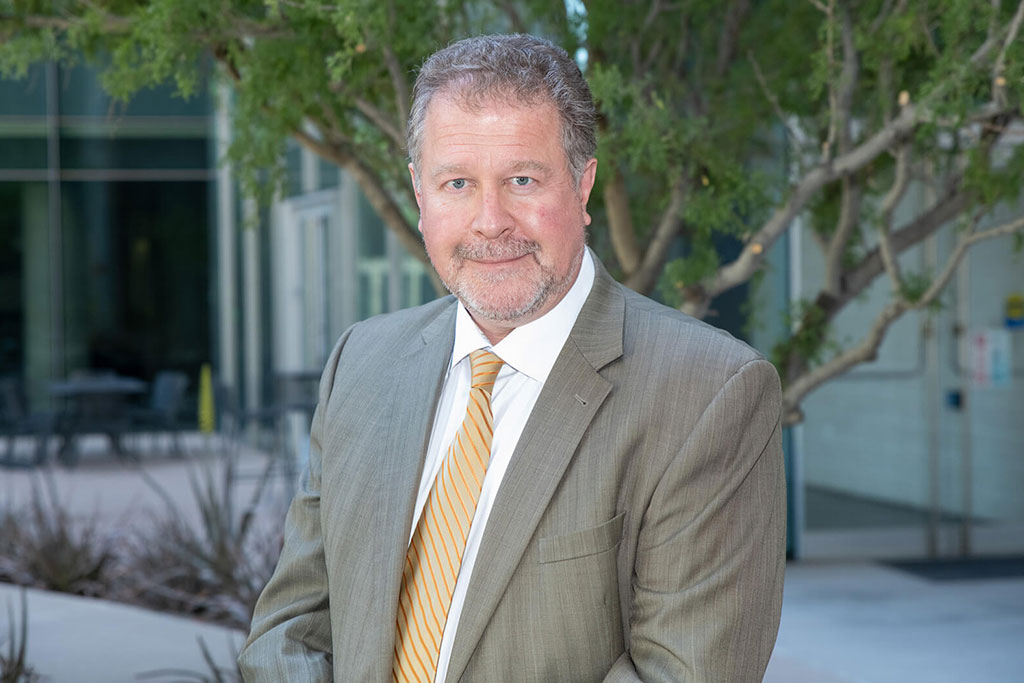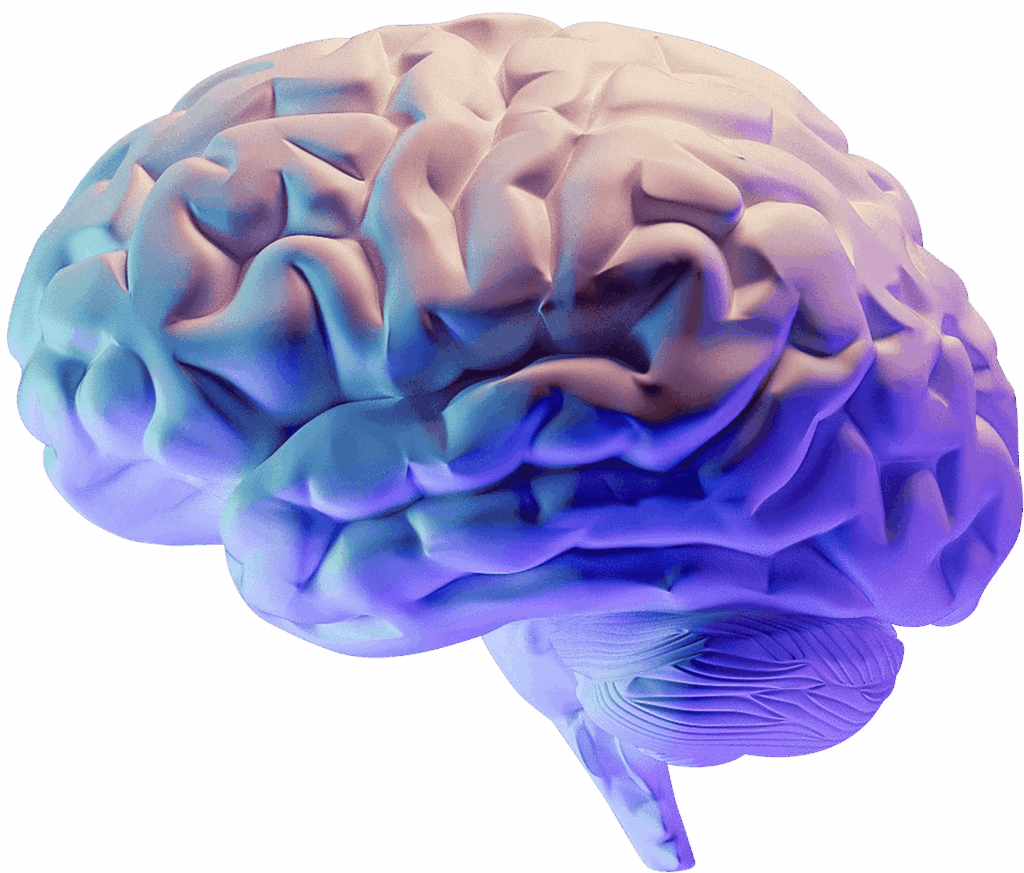Retrain the Brain.
Restore Swallowing Control.
Phagenyx® improves swallowing safety and efficiency to accelerate recovery from post-stroke dysphagia
About Us
Supported by 30+ publications, The Phagenyx System enables rapid, early bedside intervention with no disruption to workflow—even for critically ill patients
Strokes occur in the US every year1,2

Will suffer from persistent swallowing difficulty3

Persistent Swallowing Difficulty Leads to Clinical Complications
Persistent swallowing difficulty, also known as dysphagia, is one of the most significant, early barriers to stroke recovery. It can lead to serious clinical complications and even increase the risk of mortality.
3x higher
risk of pneumonia4
5x higher
rate of PEG tube use5
8x higher
mortality at 3 months6

Economic Impact of Dysphagia
stroke survivors experience dysphagia3
average increased cost per stroke patient2
average longer length of hospital stay7
Introducing Phagenyx
The Phagenyx System improves swallowing safety and efficiency by restoring the brain’s ability to initiate and coordinate safe swallowing, accelerating recovery from post-stroke dysphagia.
Promotes Neurologic Recovery
Phagenyx applies pharyngeal electrical stimulation (PES) to the sensory nerves and restores the brain’s control of swallowing function
Improves Swallowing Safety & Efficiency
Clinical studies show Phagenyx enables faster return to oral nutrition and reduces aspiration risk, supporting shorter hospital stays
Designed for Real-World Care
Phagenyx enables rapid, early intervention without disrupting clinical workflow—even for critically ill patients
Ready to Learn More?
The Phagenyx System
Learn more about how Phagenyx restores the brain’s ability to initiate and coordinate safe swallowing
For Healthcare Providers
Designed for real-world care, learn how Phagenyx can improve patient outcomes and reduce length of stay
Discover the Clinical Evidence

improvement in swallowing safety8
Supported by 30+ Publications
Phagenyx is backed by extensive clinical evidence, with more than 30 publications from researchers and clinicians around the globe.
Faster Return to Oral Nutrition9
Phagenyx enables rapid, early intervention, leading to a 58% reduction in time to oral nutrition, compared to sham9
Fewer in the Hospital9
Patients treated with Phagenyx spent 8 fewer days in the hospital, a 37% reduction in length of stay9
Fewer in the ICU9
Patients treated with Phagenyx spent 5 fewer days in the ICU, a 64% reduction in length of stay9
Testimonials

Michael, Stroke Survivor
“They got my throat working again after 10 minutes on the first day. At the end of the 6th day—after 60 minutes of treatment—I’m swallowing and eating like normal. It gave me my world back.”

Andrei Alexandrov, MD
“Before Phagenyx, our SLPs had limited options in treating dysphagia post stroke. It’s the best-kept secret in the United States.”

Chrissy, SLP
“Phagenyx has allowed us to offer a new treatment to our patients that is evidence-based. We’ve seen patients progress faster than they may have with other available therapies.”


